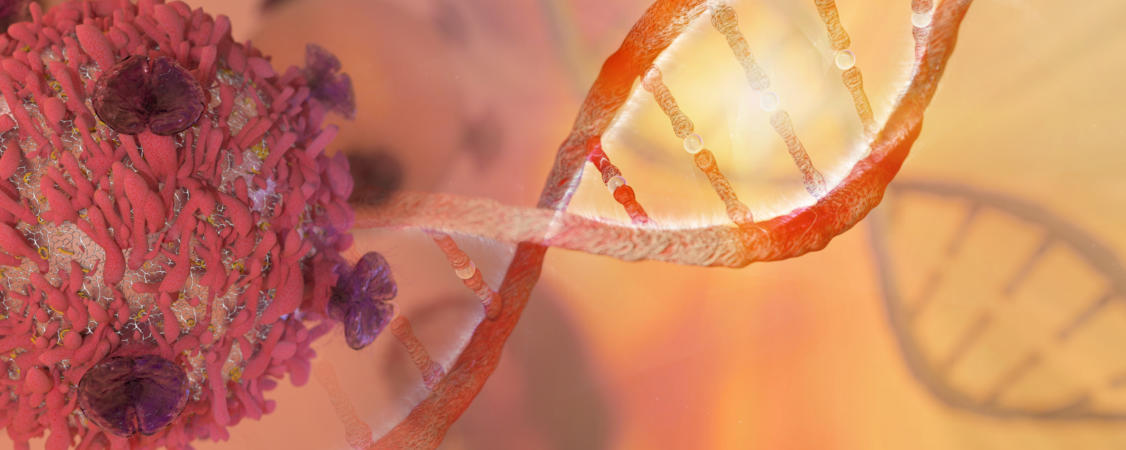Peritoneal Malignancy Treatment Centre
The Peritoneal Malignancy Treatment Centre provides comprehensive diagnostic services and personalised treatments for patients with peritoneal cancer. The Centre is managed by a team of experts, which includes but is not limited to specialists in Clinical Oncology, Medical Oncology, Gynaecological Oncology, General Surgery, Pathology and Radiology. The multidisciplinary approach allows the team to offer diagnostic and treatment solutions most suited for individual patients’ conditions.
Location: Clinic N (Obstetrics & Gynaecology Clinic), 1/F, Tower A
Service hours: Monday to Saturday (By Appointment)
Our professor and sub-specialists:
- Please view here for information
Consultation fees:
- Please call 3153 9153 for details
Causes and Symptoms of Peritoneal Cancer
The peritoneum is the cell membrane that covers the surface of the peritoneal cavity and organs in the abdomen. Peritoneal cancer can arise from the peritoneum or spread to the peritoneum commonly from malignancy of the pancreas, stomach, colon, ovary and appendix.
Most early peritoneal cancers have no symptoms, while common symptoms when the disease is fairly advanced include:
- Loss of appetite
- Severe malnutrition
- Repeated vomiting
- Bowel obstruction
- Ascites
Treatment Options
In general, treatments for peritoneal cancer include conventional tumour excision and systemic therapies such as chemotherapy, and intraperitoneal chemotherapy. However, not all cancer cells may be removed by surgery itself as peritoneal metastasis affects a large area, and there may be a higher chance of recurrence. Currently, the disease may not be completely cured through chemotherapy, targeted therapy and immunotherapy, and some patients can only undergo palliative treatments.
Our Peritoneal Malignancy Treatment Centre adopts cytoreductive surgery combined with Hyperthermic Intraperitoneal Chemotherapy (HIPEC), a process during which heated chemotherapy is applied directly into the abdomen after cytoreductive surgery while the patient is still under anaesthesia. The Centre also provides Pressurized IntraPeritoneal Aerosol Chemotherapy (PIPAC), a novel minimally-invasive procedure which relieves symptoms of peritoneal metastasis and side effects of chemotherapy, and thus helps improve patients’ quality of life.
Clinical Outcomes of Hyperthermic Intraperitoneal Chemotherapy (HIPEC)
Cytoreductive surgery followed by HIPEC is considered for a number of conditions. Taking the treatment of stage 3 ovarian cancer as an example, some studies found that, compared to patients without HIPEC, the median recurrence-free survival for those who had received cytoreductive surgery and HIPEC was 3.5 months longer while the median overall survival was 12 months longer.
Statistics on ovarian cancer treatment with HIPEC at Gleneagles Hospital Hong Kong
HIPEC is one of the procedures applicable to ovarian cancer in peritoneal malignancy treatment. In 2018, Gleneagles performed the first case of HIPEC in the treatment of ovarian cancer in Hong Kong. As of November 2024, over 47 ovarian cancer patients have undergone HIPEC procedures in the hospital.
Treatment Characteristics:
- Median duration of surgery: 6.7 hours
- Median duration of hospitalisation: 10 days
- No residual disease after cytoreductive surgery: 83%
- Patients alive at follow-up (with or without disease): 83%
- Patients with no evidence of disease at follow-up: 44%
- Patients alive with disease at follow-up: 56%
- Median follow-up: 14 months
Efficacy:
- No residual disease after cytoreductive surgery: 83%
- Patients alive at follow-up (with or without disease): 83%
- Patients with no evidence of disease at follow-up: 44%
- Patients alive with disease at follow-up: 56%
- Median follow-up: 14 months
Case Sharing
| Patient | Mrs Lo |
| Condition before surgery | She was diagnosed with stage 2B ovarian cancer in 2014. She underwent surgery to remove the ovary and uterus and received chemotherapy and radiotherapy. However, two years later, she was diagnosed with peritoneal metastasis after which she underwent another operation followed by chemotherapy and radiotherapy. In 2018, the cancer index was found to have risen again. |
| Diagnosis | Peritoneal metastasis recurred in 2018 |
| Treatment plan | HIPEC treatment |
| Recovery after surgery | She was discharged eight days after surgery, followed by chemotherapy and targeted therapy. No evidence of recurrence as of 2021. With her regained strength, she now enjoys doing exercises, swimming and golfing. |






